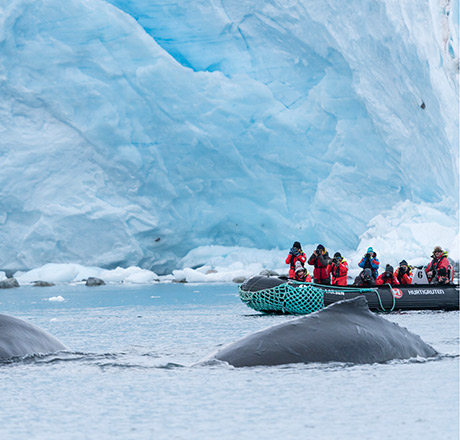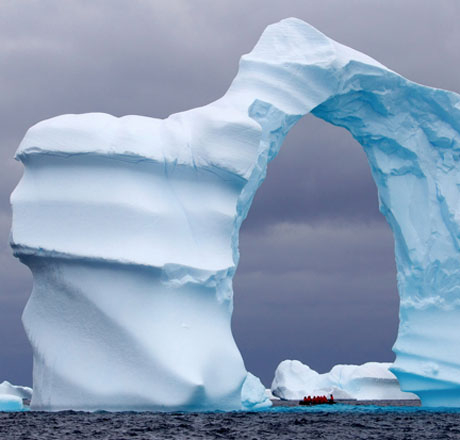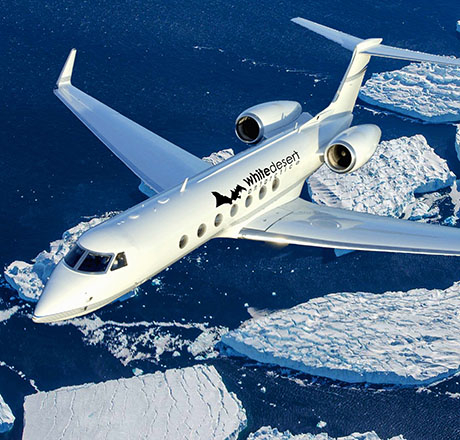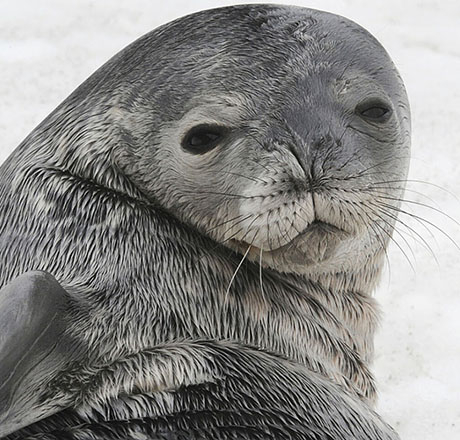Sustainable Travel in AntarcticaAntarctica
This is the cruise voyage of the future. This newest addition to the Nat Geo fleet is still being built, but when it hits the oceans it will be the world’s first hybrid-electric polar exploration ship. Powered by liquefied natural gas (LNG) and electric generators, this ship has been designed to minimise the environmental impact of travel and its carbon footprint.
National Geographic and Ponant’s first two voyages in Antarctica on Le Commandant Charcot, named after French polar scientist Jean-Baptiste Charcot, are Expedition to Charcot & Peter l Islands and The Weddell Sea & Larsen Ice Shelf, both of which depart in January 2022.
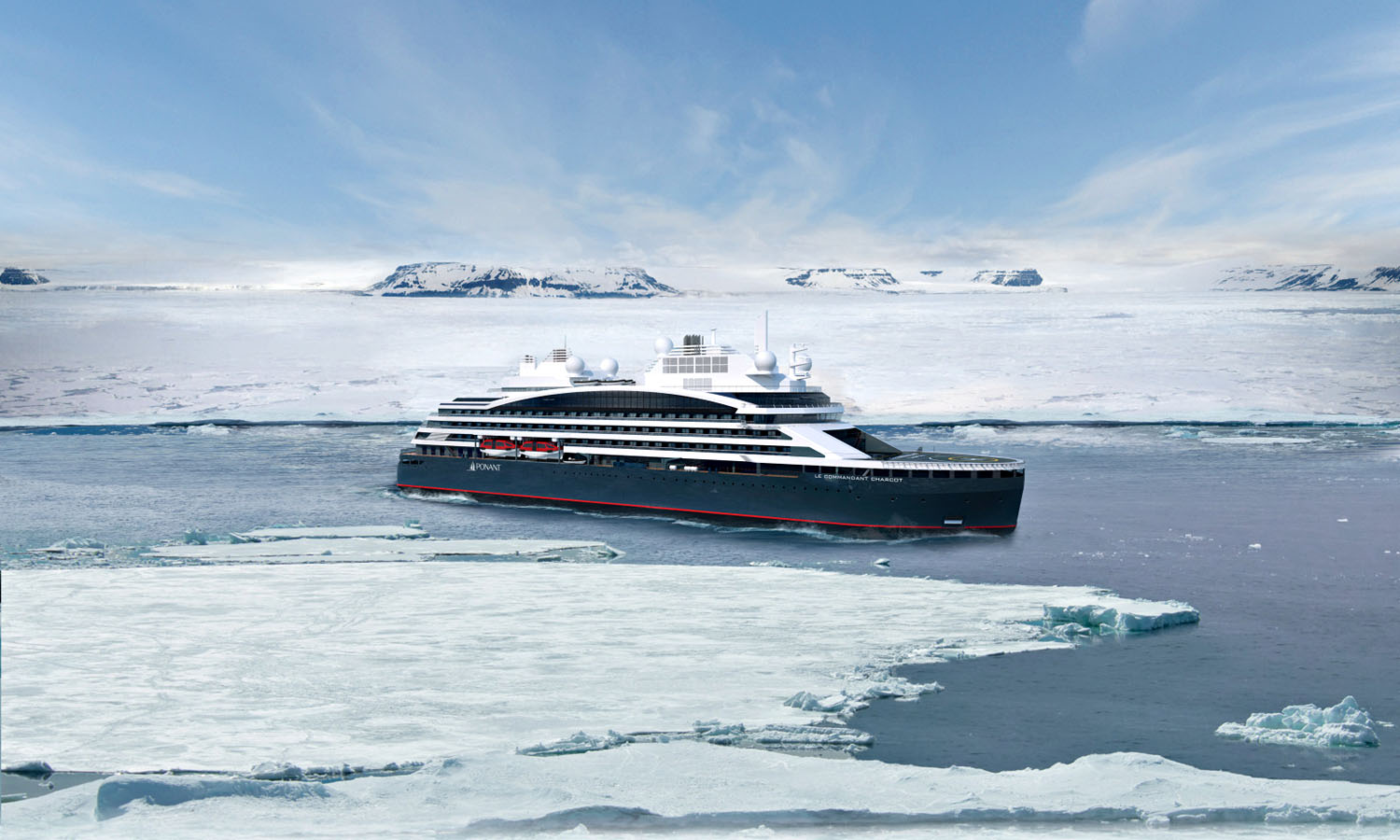

These expeditions go further into the Antarctic Circle than Nat Geo Expeditions has ever gone before, travelling along the Antarctic peninsula to some of the world’s most seldom-visited places. Peter I Island is a small volcanic island covered by a glacier looming in the Bellingshausen Sea. It is inaccessible most of the year due to pack ice, and its only inhabitants are seabirds, penguins and seals. You could be one of the very few people on the planet to go there.
The voyages also visit Detaille Island, which was briefly used as a research base by the British Antarctica Survey before it was abandoned due to bad weather conditions. You’ll be able to explore the base where it remains frozen in time, complete with items such as skis, magazines, training books and electrical items left exactly as they were in 1959.
Then, of course, there’s the Larsen Ice Shelf. An extension of the ice sheet into the sea, this white giant is equally disturbing and fascinating, if only due to its colossal dimensions and the impressive tabletop icebergs, which are among the largest ever seen.





Prices start at US$15,000 a person based on double occupancy for 11 nights on The Weddell Sea & Larsen Ice Shelf journey and US$18,600 for 13 nights on Expedition to Charcot & Peter 1 Island.
National Geographic Expeditions
natgeoexpeditions.com.au
You’ll be following in the footsteps of the great polar explorer, Jean-Baptiste Charcot himself, but in the most refined surroundings. Nat Geo Expeditions shared this tip with us, but we thought you might like to find out about it too.
 (
(


